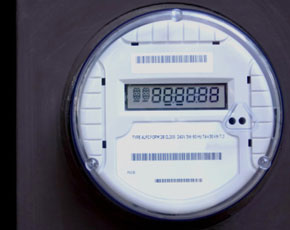Utility companies in Western Europe will spend $10.5bn on IT this year, of which over 62% will be invested in IT services.
IDC Energy Insights expects IT spending by utility companies in the region to exceed $13bn in 2016, after average annual increases of over 5%.

While IT services dominate spending, with $6.5bn invested in 2012, software investments will increase the most in the next five years, growing by 7.2% each year. IT services will rise by 4.9% each year, while hardware spending will see annual growth of 3.1%.
"The need to reduce costs and achieve operational excellence, together with the need to comply with energy policies and regulation, will continue to drive utilities' ICT investments," said Gaia Gallotti, senior research analyst at IDC Energy Insights.
Electricity companies accounted for 66.9% of IT spending in the sector in 2012, worth $7bn.
The gas and water companies spent 16% and 13% of the sector total respectively.
Energy companies in the UK will have to invest in IT if they are to adhere to the government's smart metering policy.
Government plans to give businesses and consumers the ability to better understand and reduce their energy consumption with smart meters has put another large IT project on the national conscience.
The GB Smart Metering Implementation Programme (GB SMIP) is estimated to cost £11.7bn, and the IT that underpins it is set to be one of the programme's biggest challenges.
With 53 million smart meters to be installed in homes and businesses across the UK, the GB SMIP aims to allow gas and electricity consumption to be monitored. This will provide information to help consumers and businesses use energy more efficiently.
The smart meter project promises to lower bills, reduce the UK's carbon footprint, and help energy suppliers to provision better and prevent shortages.
Under the smart metering project, millions of intelligent energy meters in homes and businesses will collect information on use and send the data to a central hub where the data will be processed and sent to energy suppliers. The SMIP requires major IT investment, with a need for smart meters, smart communicating sensors, modules, advanced communications networks, as well as technologies to secure data to and from the smart meter.

